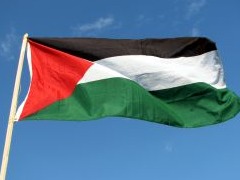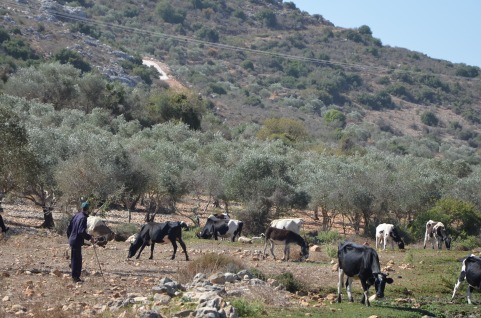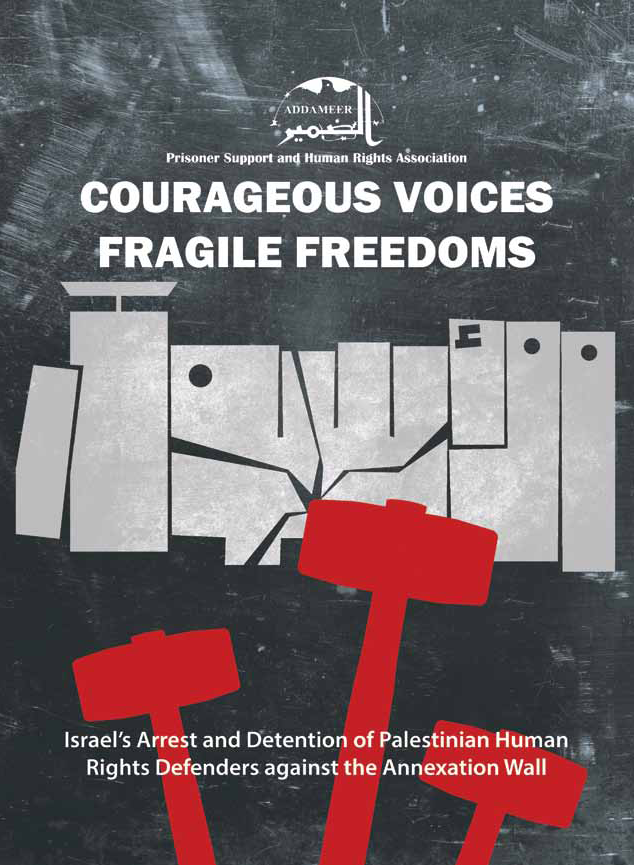Tag: Arrests
-
International activists physically and verbally abused in detention
15th January 2014 | International Solidarity Movement | Occupied Palestine On Wednesday 8th January, Vincent Mainville and Fabio Theodule were arrested by Israeli border police in Khalil (Hebron). The two actvists were handcuffed and taken to Jaabara police station where they were forced to kneel on the concrete floor for approximately 30 minutes. Fabio was blindfolded…
-
Two Palestinians arrested in Bruqin
12th January 2014 | International Solidarity Movement, Nablus Team | Bruqin, Occupied Palestine January 13th 2014: Today, 13th January 2014, the two men from Bruqin have been released from prison with a 2000 NIS bail each. Both men are under house arrest until the 24th January and must report to Ariel police station, inside the illegal settlement of…
-
Addameer Releases Latest Report on the Continued Targeting of Palestinian Human Rights Activists by Israeli Forces
13th January 2014 | Addameer Prisoner Support and Human Rights Association | Ramallah, Occupied Palestine Addameer Prisoner Support and Human Rights Association are pleased to announce the publication of its latest report ‘Courageous Voices, Fragile Freedoms’. The report examines Israel’s increasing use of arrest and detention of Palestinian human rights activists taking part in protests and…



